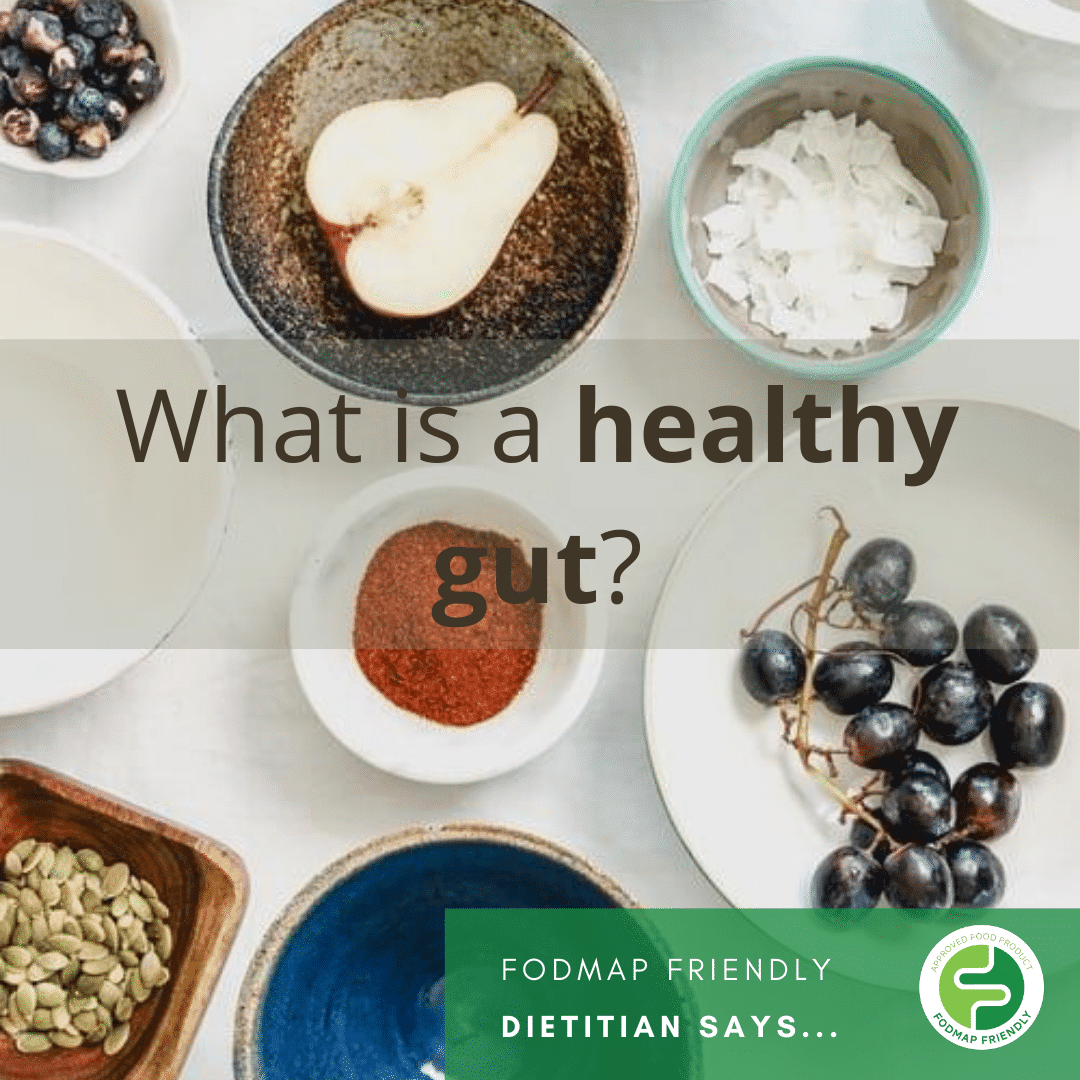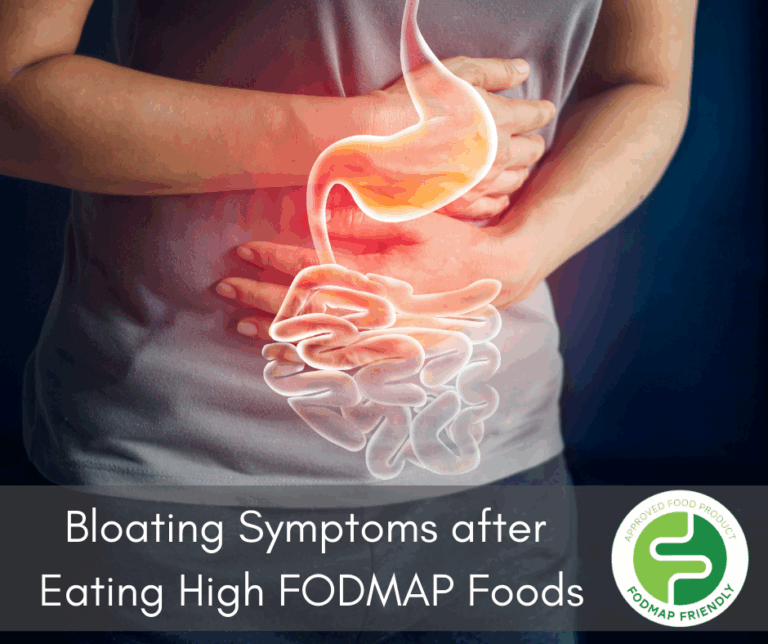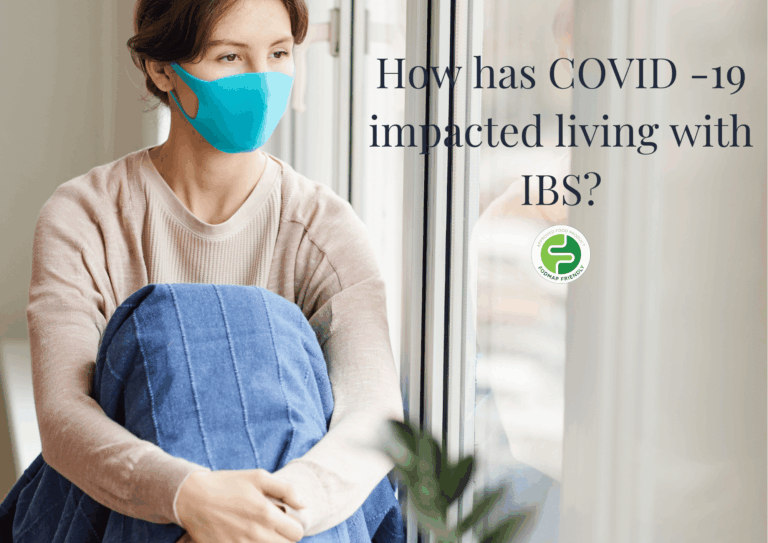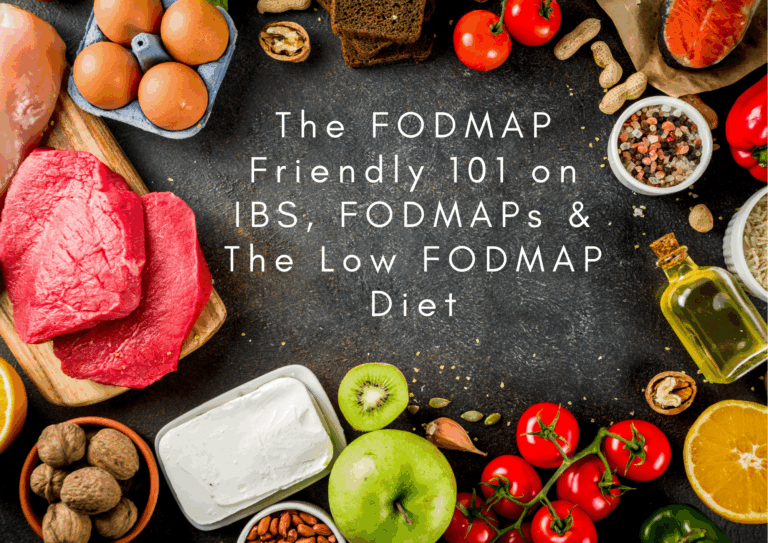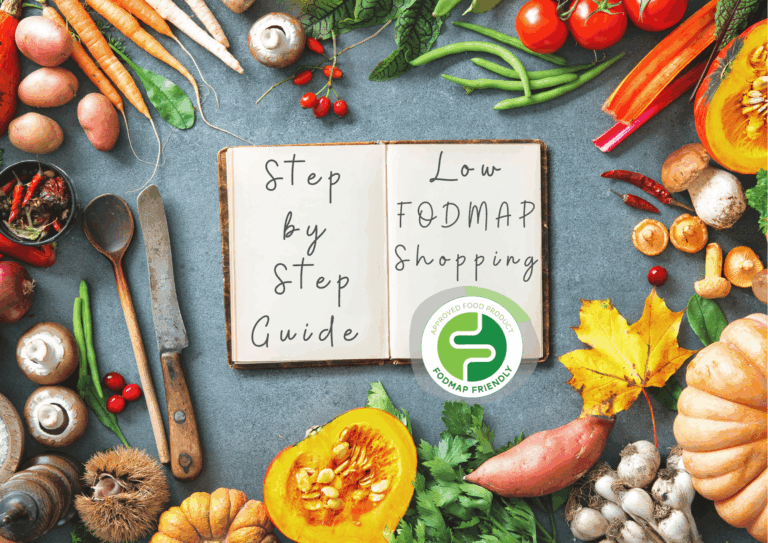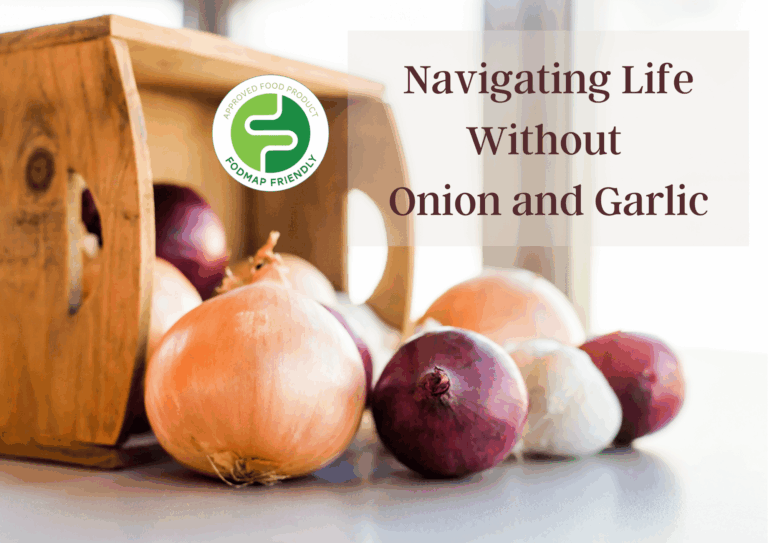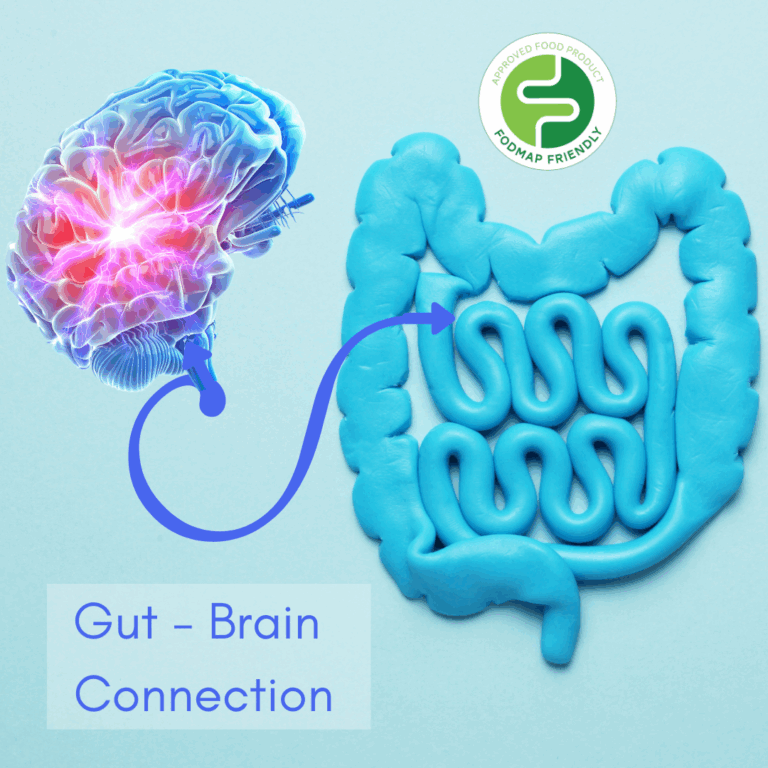Discussions about gut health are appearing everywhere these days, but what does ‘gut health’ actually mean? This term refers to the function of the gastrointestinal (GI) tract, encompassing things like the digestion and absorption of food, the gut microbiome, whether there’s GI disease or illness present, immune status and sense of wellbeing
Everyone’s gut may look a little different under the microscope, and behave differently in response to food, stress and illness. With this in mind, there’s no ‘gold standard’ for identifying a healthy gut. There are however some main factors we consider important to gut health.
- The absence of disease or illness in the gut. Ideally, a GI tract that’s functioning in a healthy way is free of reflux disease, enzyme deficiencies, carbohydrate intolerances, malignancy and inflammatory conditions such as Coeliac Disease, Diverticulitis and Inflammatory Bowel Disease (IBD). These diseases are not always in a flared state, and can be managed in a remission state without the presence of symptoms or adverse effects. That’s why when disease or illness is present, it’s extremely important to take the necessary steps to manage it properly.
- Regular and healthy bowel habits. Being ‘regular’ is a way of describing normal bowel function. A healthy bowel movement should be comfortable and pain-free to pass, with no straining involved. A sensation of complete evacuation is also a good indication that the bowel is functioning normally. It’s common for people to empty their bowel everyday, although anywhere from 1-3 times a day to 3 times a week is considered ‘normal’. Any more or less than that may indicate constipation or diarrhoea and urgency (sometimes both). Texture of the stool also tends to reflect bowel function, as anything too firm and hard, or too soft and loose may point to a digestive issue. That being said, it’s important to take note of what’s normal for you. Bowel habits tend to vary depending on a number of factors including age, lifestyle habits (i.e. diet, fluid intake, physical activity levels) and medication use. Check out The Bristol Stool Chart for a greater understanding of bowel function (including a visual aid!).
- Limited gastrointestinal symptoms. Bloating, burping and flatulence are very normal to experience in small amounts. In fact, they’re a sign that your digestive system is working as it should be! However, when gut symptoms such as excessive flatulence and burping, nausea, vomiting, bloating, abdominal pain, diarrhoea and constipation occur persistently, it’s considered abnormal. Abnormal gut symptoms may point to an underlying gut-related disease or illness, or they may reflect things like poor diet, chronic stress or a mental health condition (i.e. generalised anxiety disorder, depression). Irritable Bowel Syndrome (IBS) is a common GI disorder that often causes chronic, relapsing symptoms including bloating, excessive flatulence, abdominal pain, constipation, diarrhoea and urgency. These symptoms can also be a sign of other GI issues, so it’s always wise to follow up with your GP or Dietitian.Abnormal gut symptoms (like those experienced in people with diagnosed IBS) can be unpredictable and hard to manage, significantly impacting everyday activities and quality of life.
- Diverse and stable gut microbiota. – The gut microbiome refers to the trillions of microorganisms and their genetic material that live in your digestive tract. These microbes or ‘gut bugs’ as they’re affectionately known, are made up of mostly bacteria, and are involved in a number of processes essential to health and wellbeing (metabolism, regulation of the immune system and even brain function and mood). . You may have also come across the terms probiotic and prebiotic before, as these have received a lot of attention in recent years (and rightly so!). Probiotics are live microorganisms that can offer health benefits when consumed in the right amount. You can find them in supplement form and some naturally fermented and fortified foods that haven’t been heat-treated (more on these foods below). Prebiotics are non-digestible dietary fibres that act as food for your gut bugs. A good way to remember the difference between probiotics and prebiotics is to imagine that your gut microbiome is a garden, and probiotics are the seeds you might plant to add variety – while prebiotics are the fertiliser you’ll use to feed those plants so they thrive. ‘Normal’ composition of the bugs found in your gut microbiome is important to prevent bacterial overgrowth in the GI tract, and limit GI infections and antibiotic-associated diarrhoea
- Mental wellbeing. Gut health and mental health are intricately connected, and may have the power to influence each other. A strong link exists between the gut and the brain, titled the gut-brain axis (GBA). The GBA consists of bi-directional communication between the central nervous system (the brain and the spine) and the enteric nervous system (a division of the autonomic nervous system that governs the function of the GI tract). This links the emotional and cognitive centres of the brain with involuntary gastrointestinal functions. Or, simply speaking – the GI tract is sensitive to emotions such as anger, sadness, anxiety and excitement. Examples of this include feeling ‘butterflies’ in your stomach or becoming nauseous when nervous about something. In a state of stress or anxiety it’s not uncommon for the gut to ‘play up’, affecting movement and contractions of the GI tract (i.e. heartburn, abdominal cramping, loose stools). Additionally, many people with functional GI disorders (such as IBS) may perceive pain more acutely than others, as their brains are more responsive to pain signals from the GI tract
How to maintain good gut health
- Eat for a healthy gut. Aim to consume a varied and well-balanced diet, rich in plant foods such as vegetables, wholegrains, fruits, nuts, seeds, herbs and spices. These foods naturally contain polyphenols and dietary fibres that encourage good digestive health. Foods high in polyphenols include dried herbs and spices, cocoa, tea, red wine, dark berries, flaxseed, almonds, walnuts, olives and extra virgin olive oil. Regularly eat probiotic foods such as naturally fermented yoghurt, sauerkraut, tempeh, kefir and kombucha. The live microbes found in probioticscan add diversity to your gut bug population and strengthen it (power in numbers). Foods that contain prebiotic fibres such as artichoke, onion, garlic, cauliflower, apples and firm banana will directly feed your gut good bacteria and keep them happy.Also try and remember to regularly drink fluids throughout the day.
- Manage any gut-related conditions. If you’ve been diagnosed with a gut-related disorder or illness (i.e. IBS, IBD or Coeliac Disease) it’s necessary to stay on top of your symptoms and have a strategy in place to manage the condition. An experienced Dietitian can help you manage a gut-related diagnosis by offering guidance and support as you navigate any lifestyles changes you may need to make (such as dietary changes or stress management). Making this a priority encourages optimal gut health, wellbeing and life satisfaction.
Look after your mental health. It’s important to address the gut-brain connection by engaging in regular down time. Now that we know stress and anxiety can influence gut health, managing them is key. Whether it’s pursuing a hobby like painting or baking, being social or getting lost in a good book or film – do it often and without apology! The brain and the body need time to switch off, relax and restore. Additionally, moving your body regularly and getting enough good quality sleep have also been shown to positively impact your overall wellbeing.
In summary, the key factors to consider when thinking of optimal gut health include healthy and regular bowel habits, the absence of gut-related illness or disease, a diverse and stable gut bug population, limited GI symptoms and mental wellbeing. To support your own gut health, incorporate different types of fruits, vegetables, wholegrains and probiotic-containing foods into your eating habits, drink plenty of fluids, manage any gut-related conditions or symptoms and look after your overall wellbeing.
Written by: Lauren Sedger
Approved by: Sotiria Karatsas (APD)
